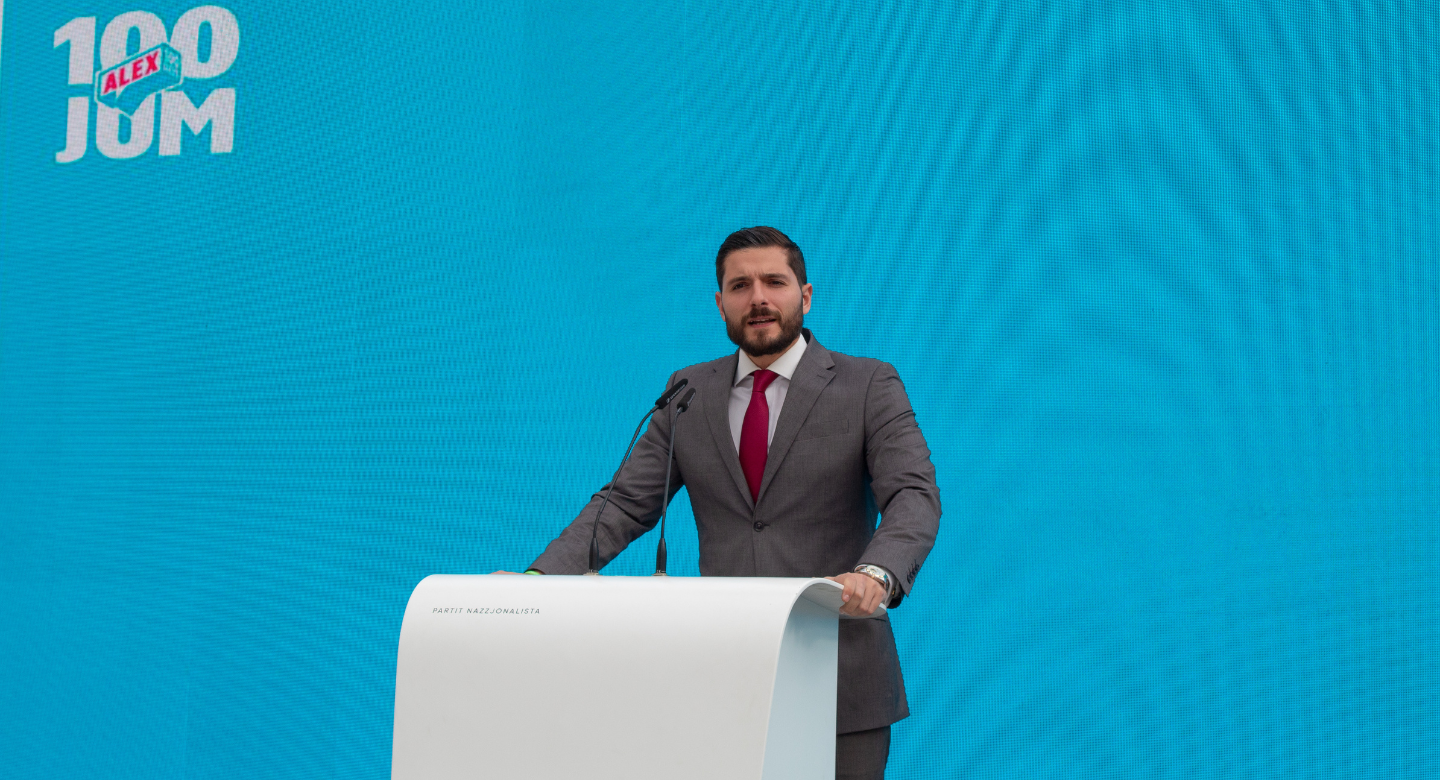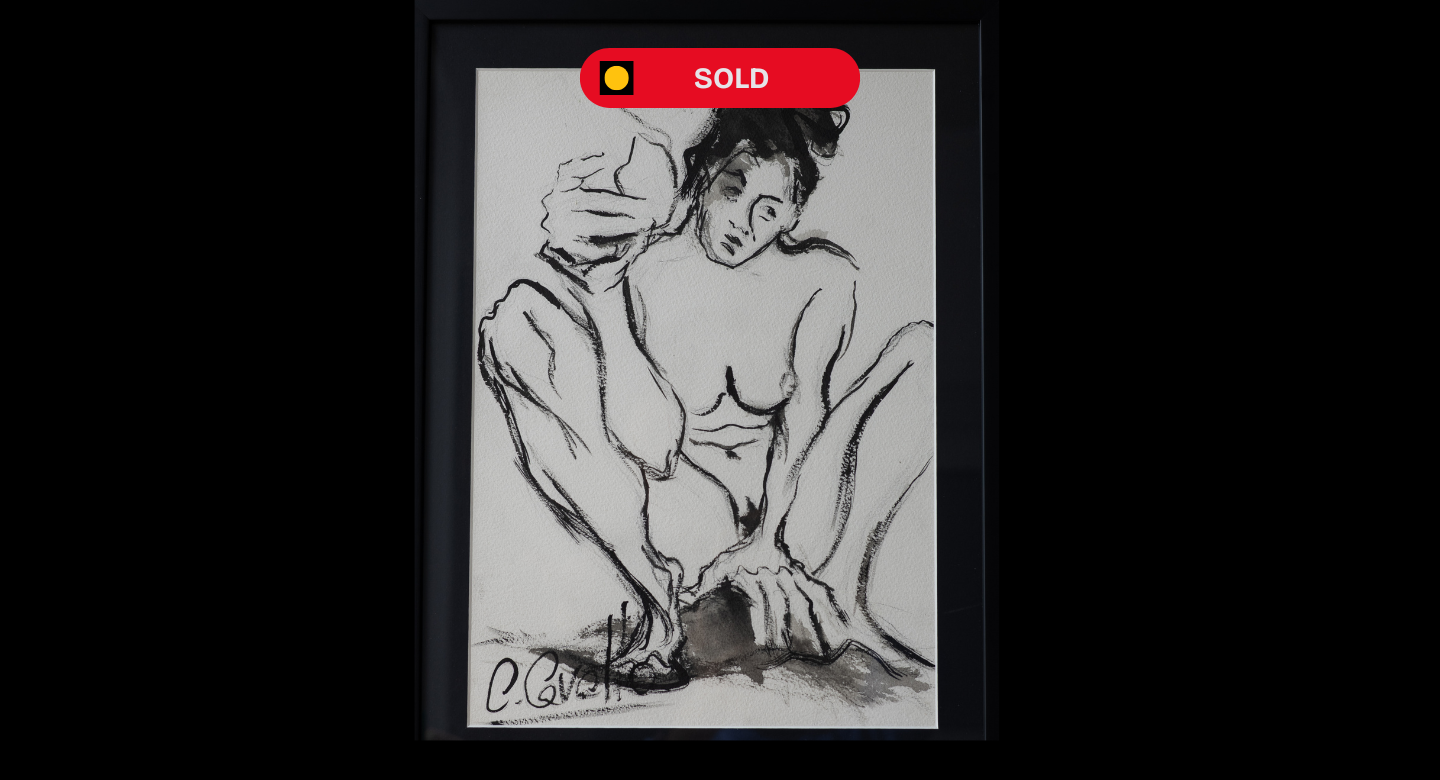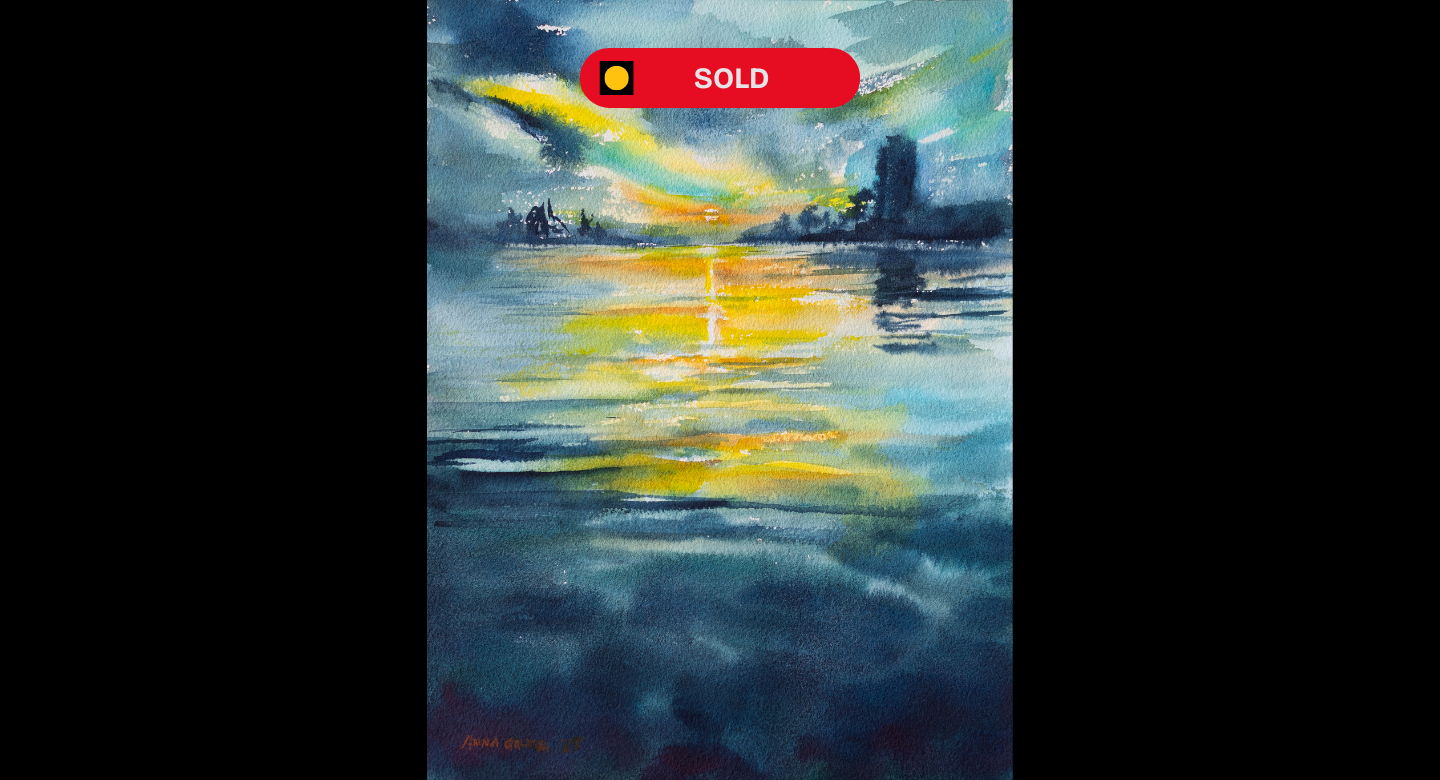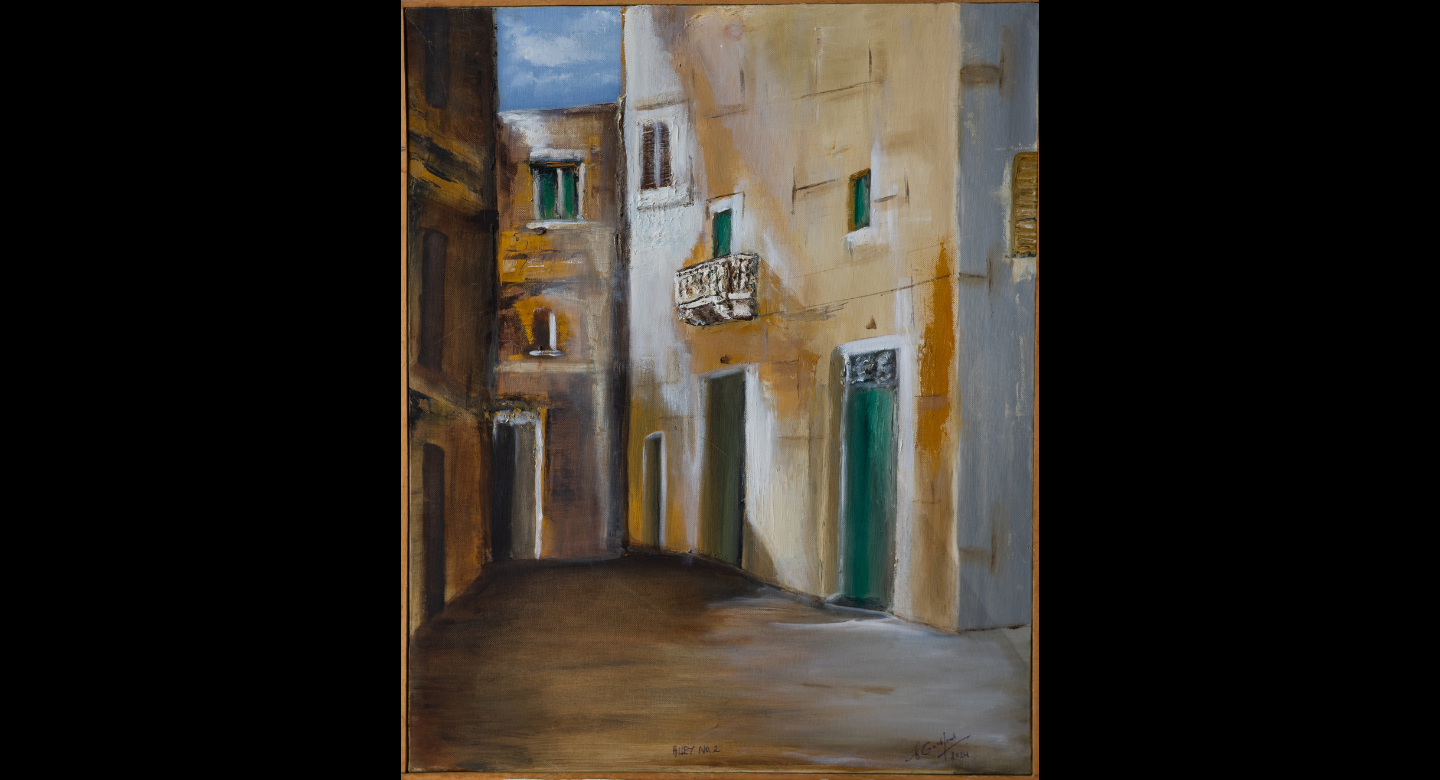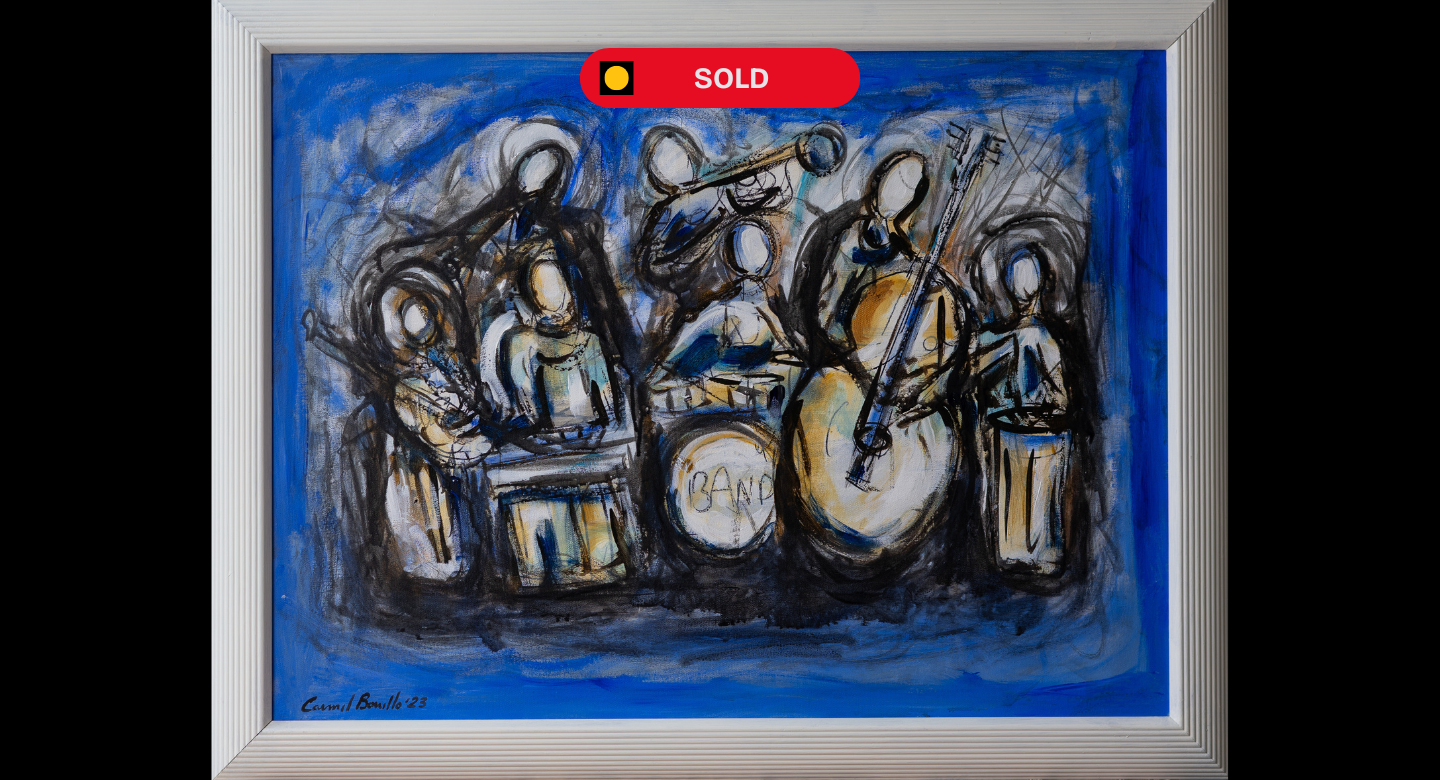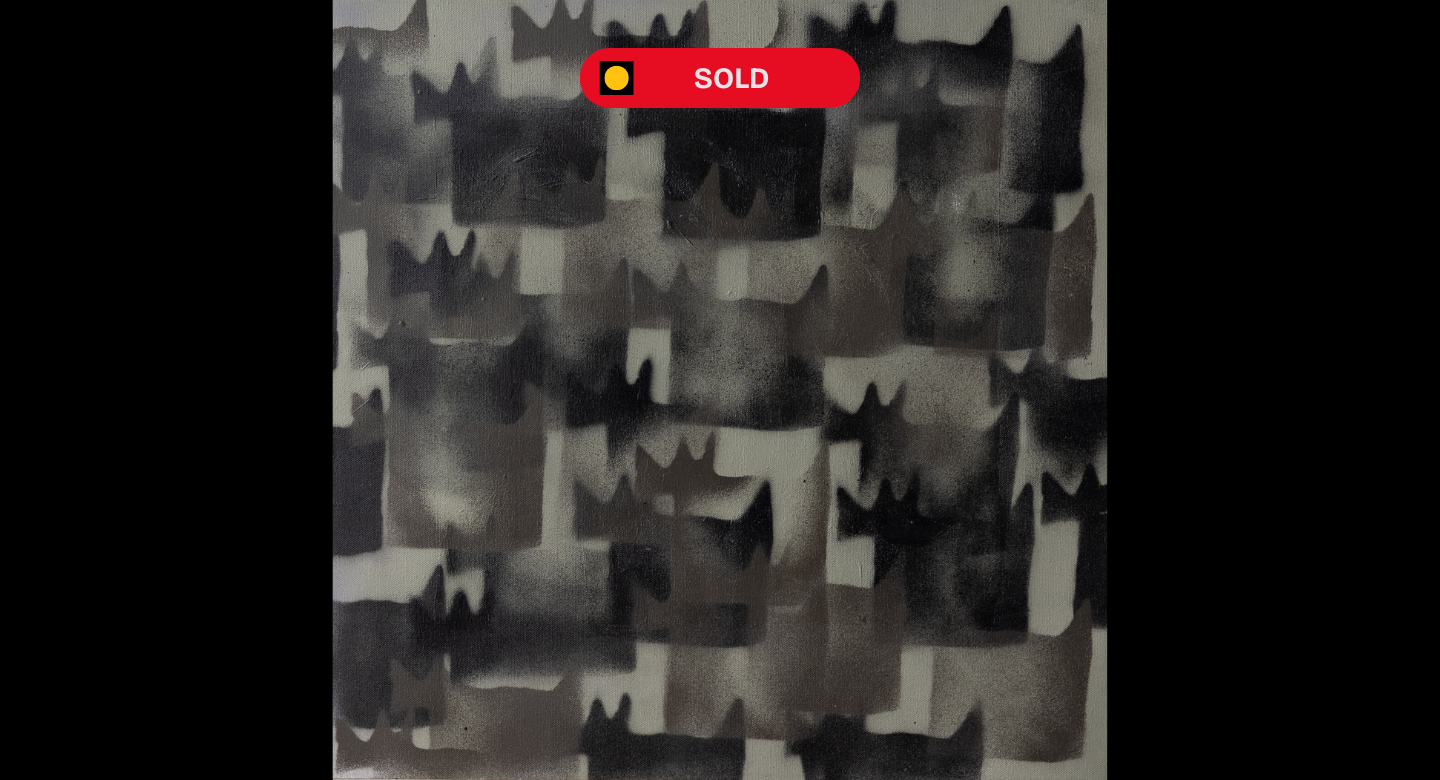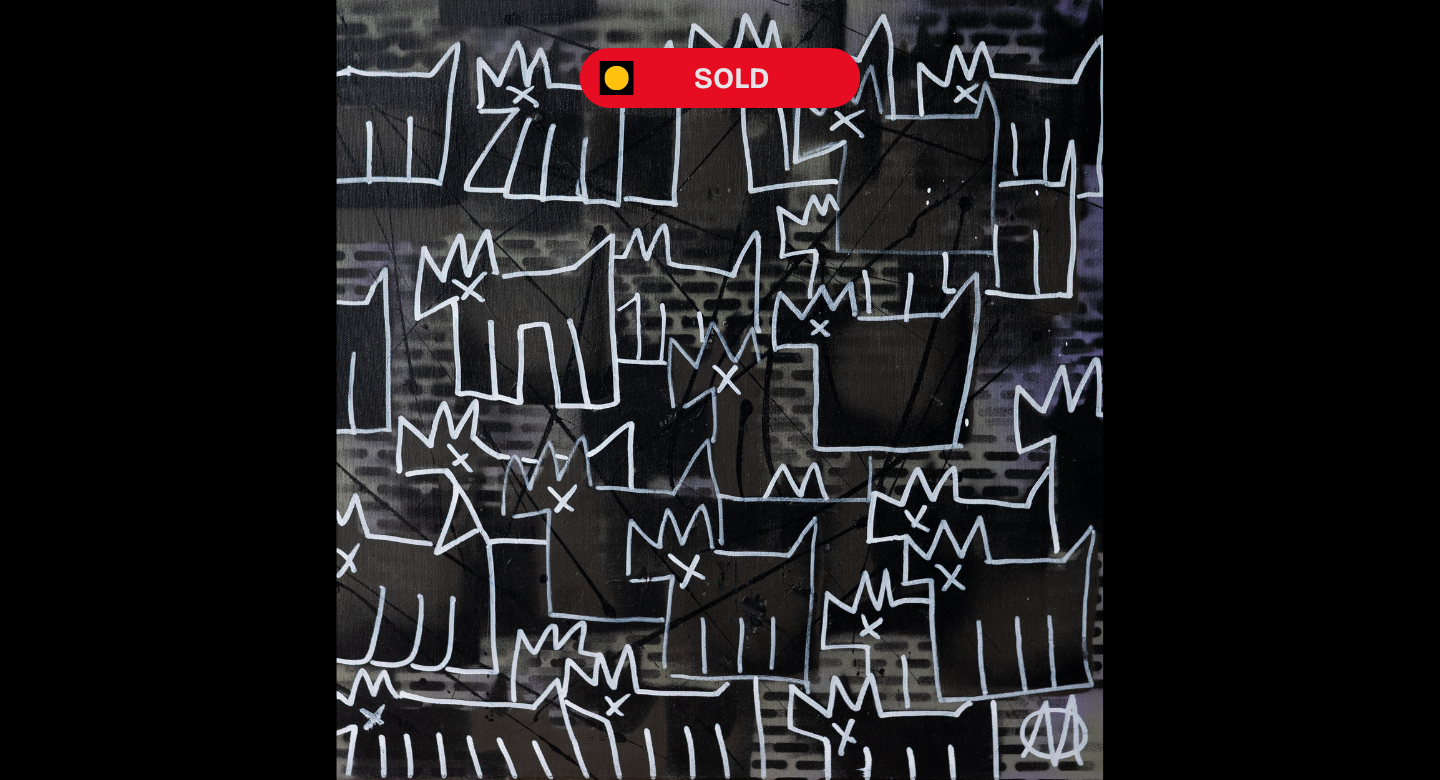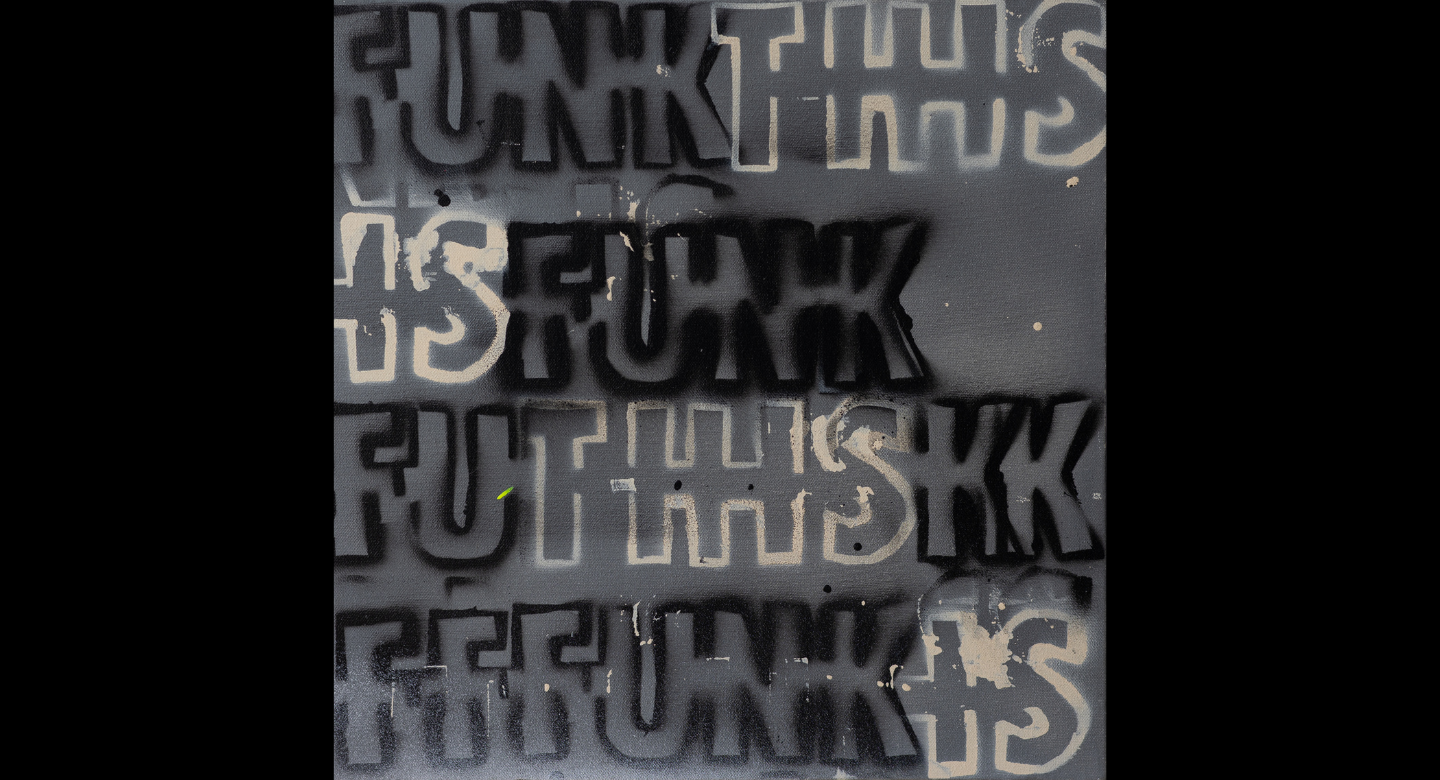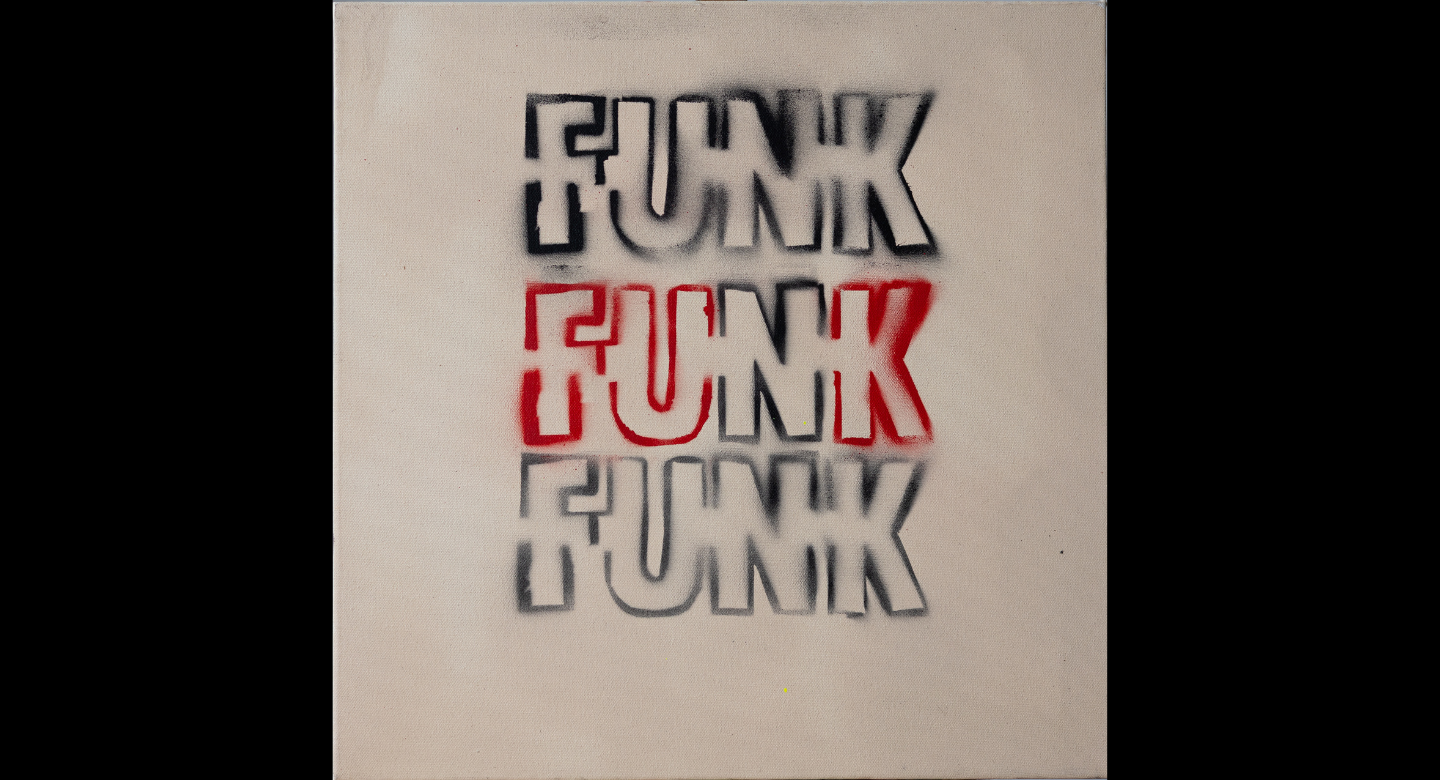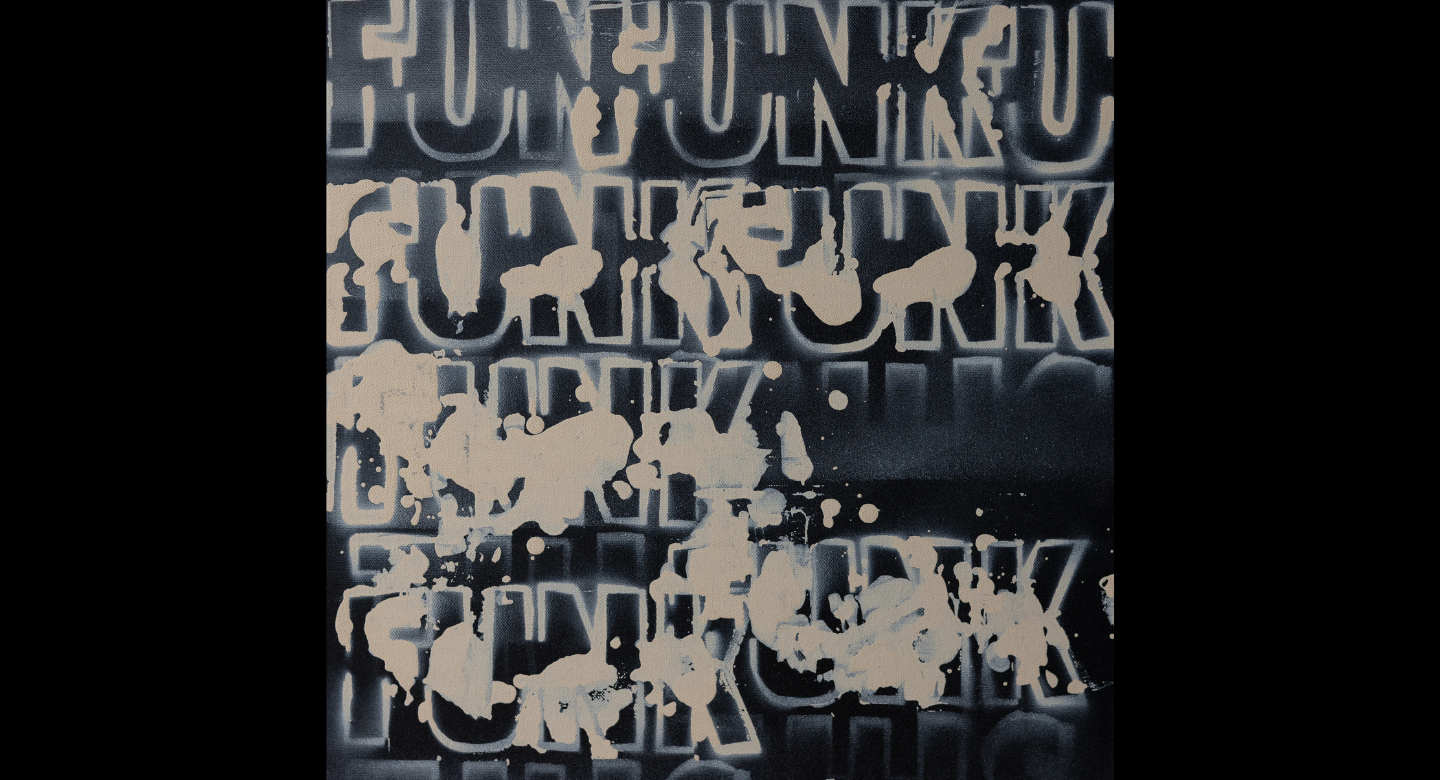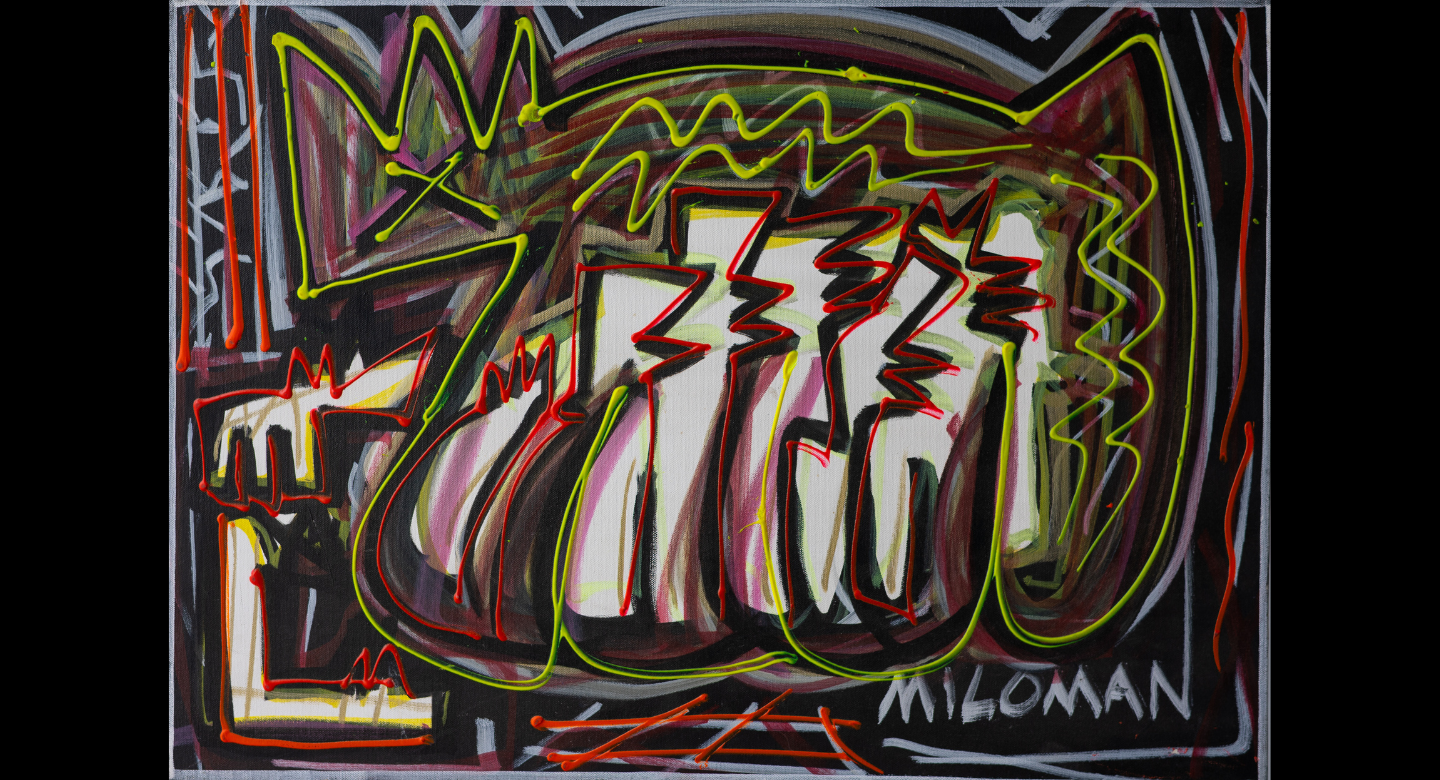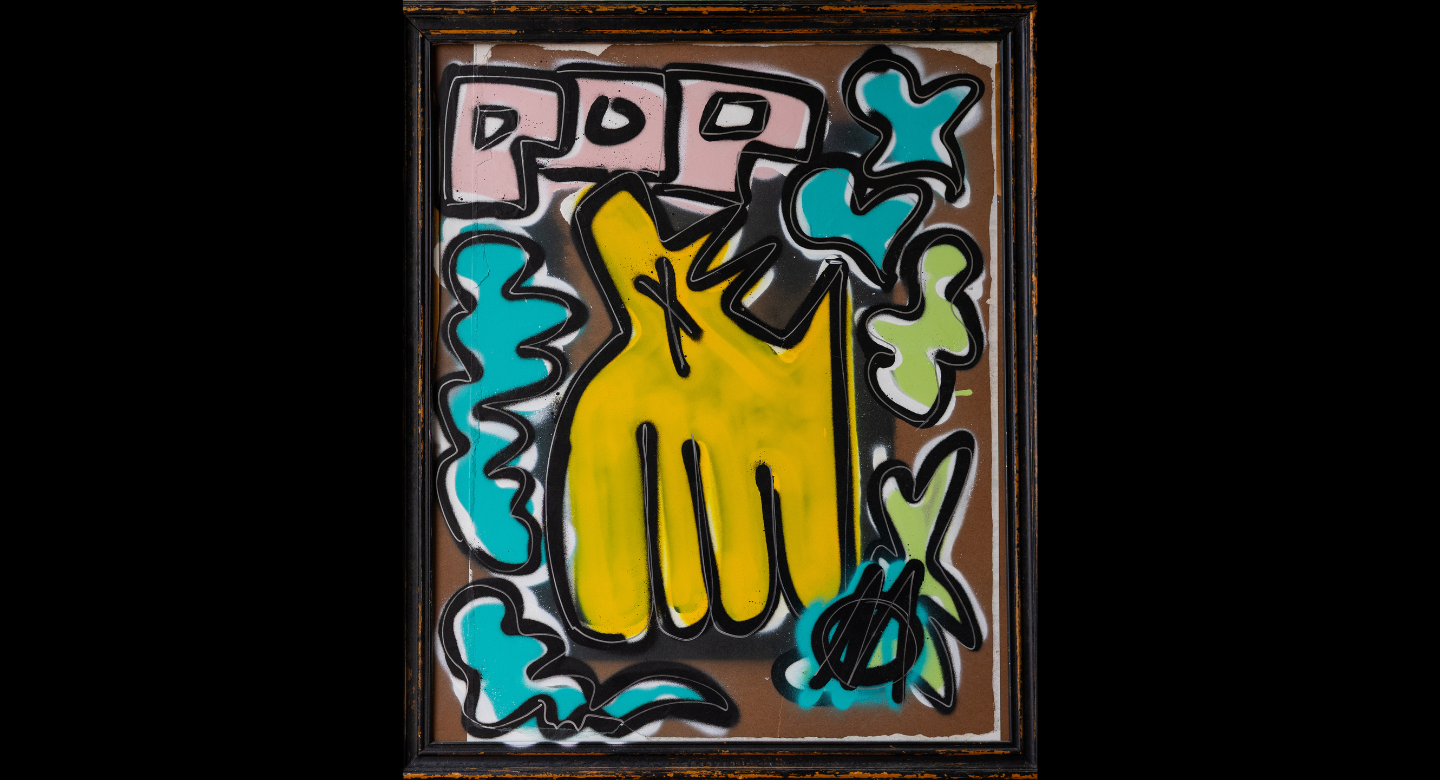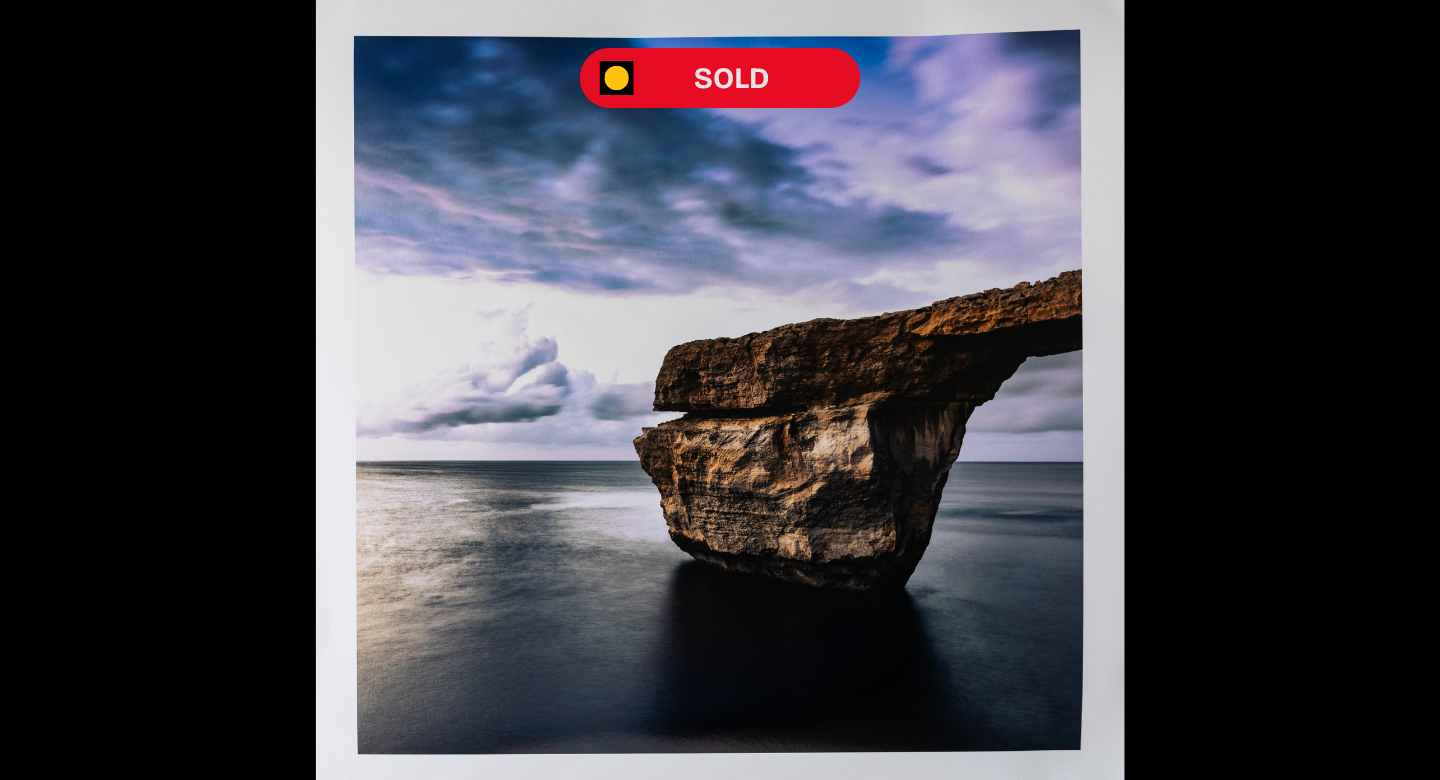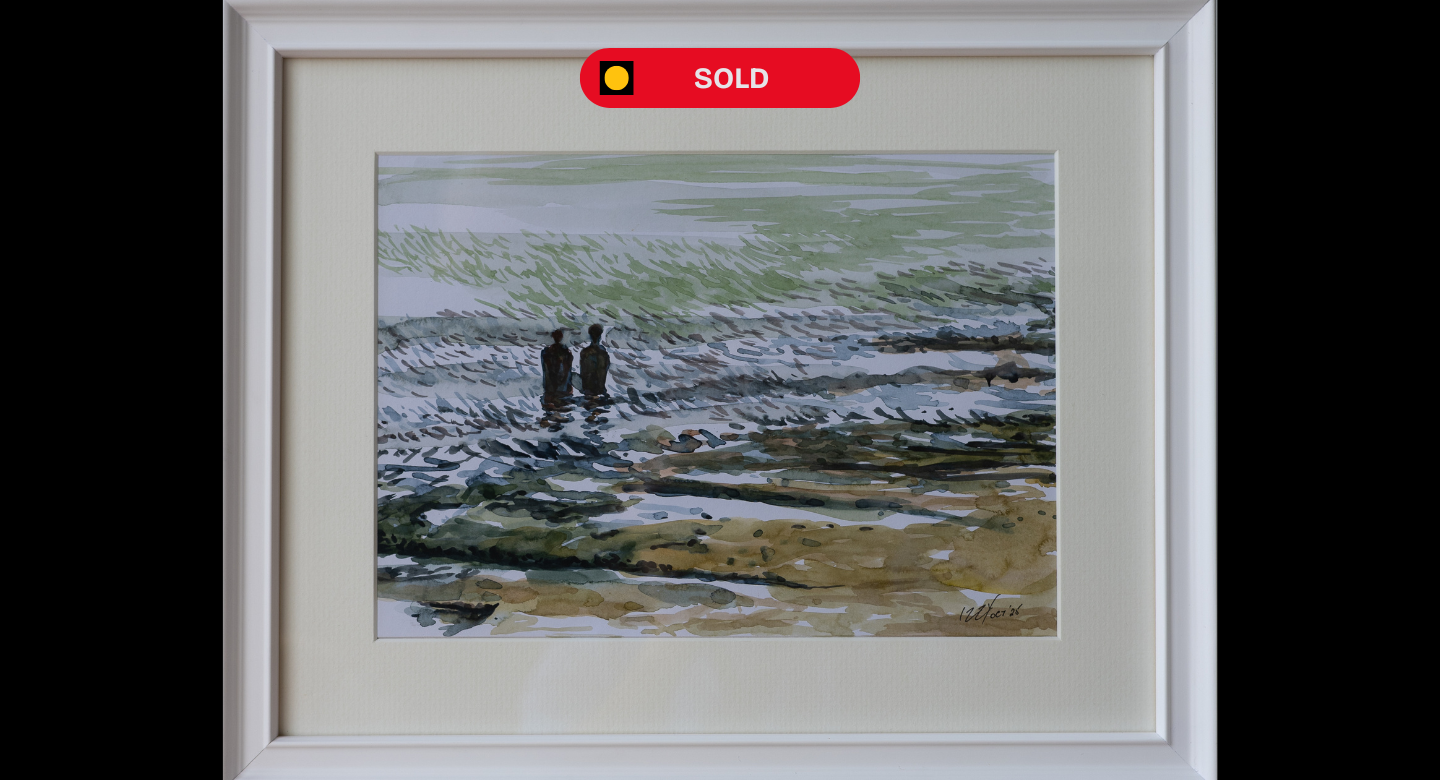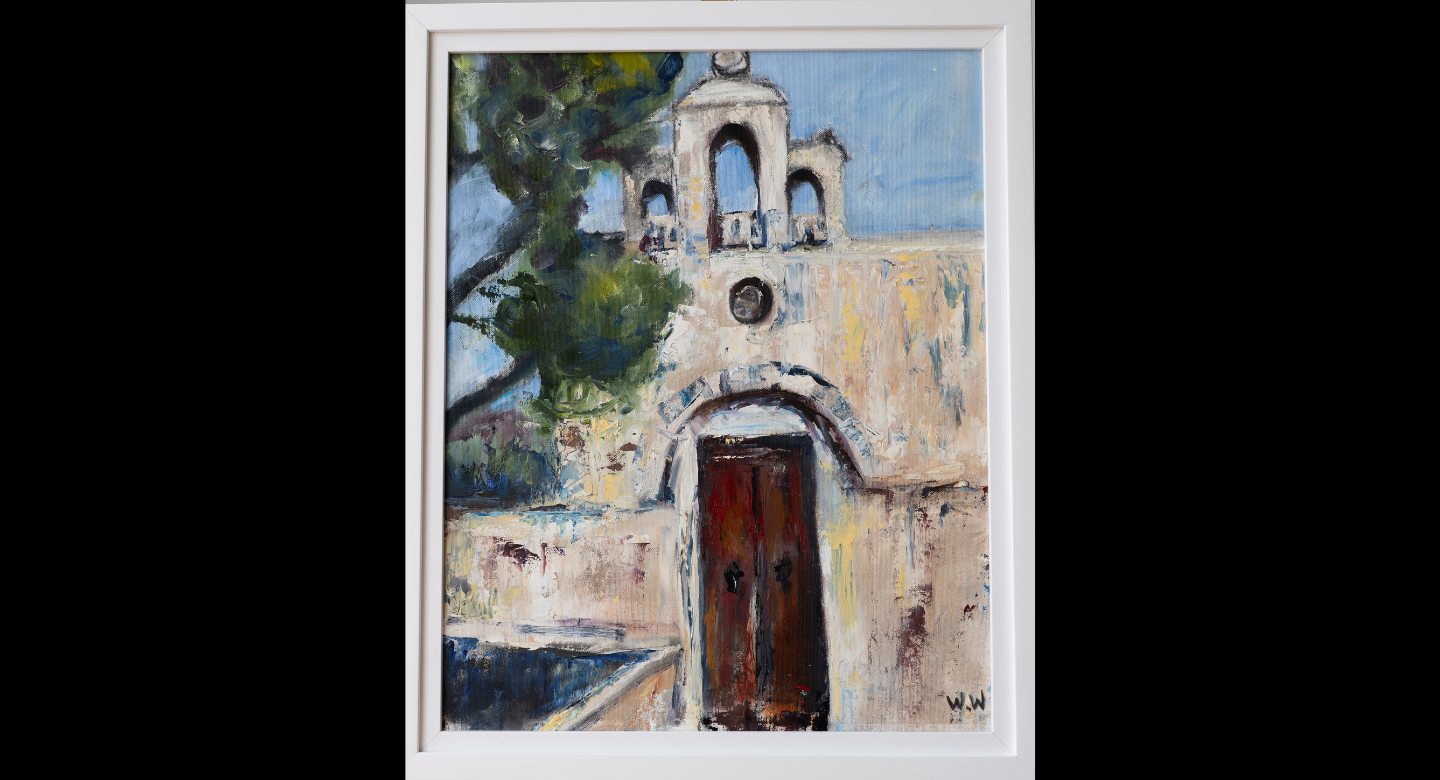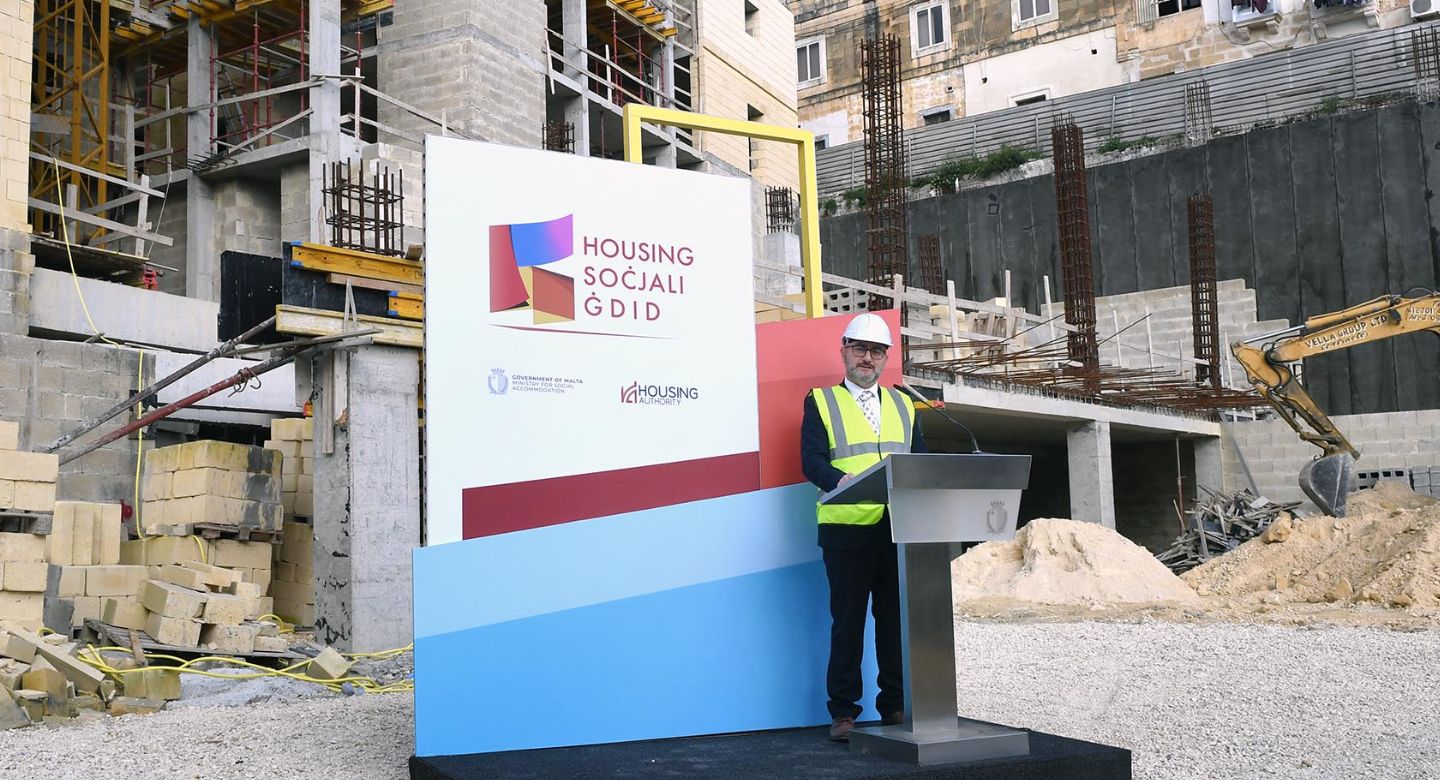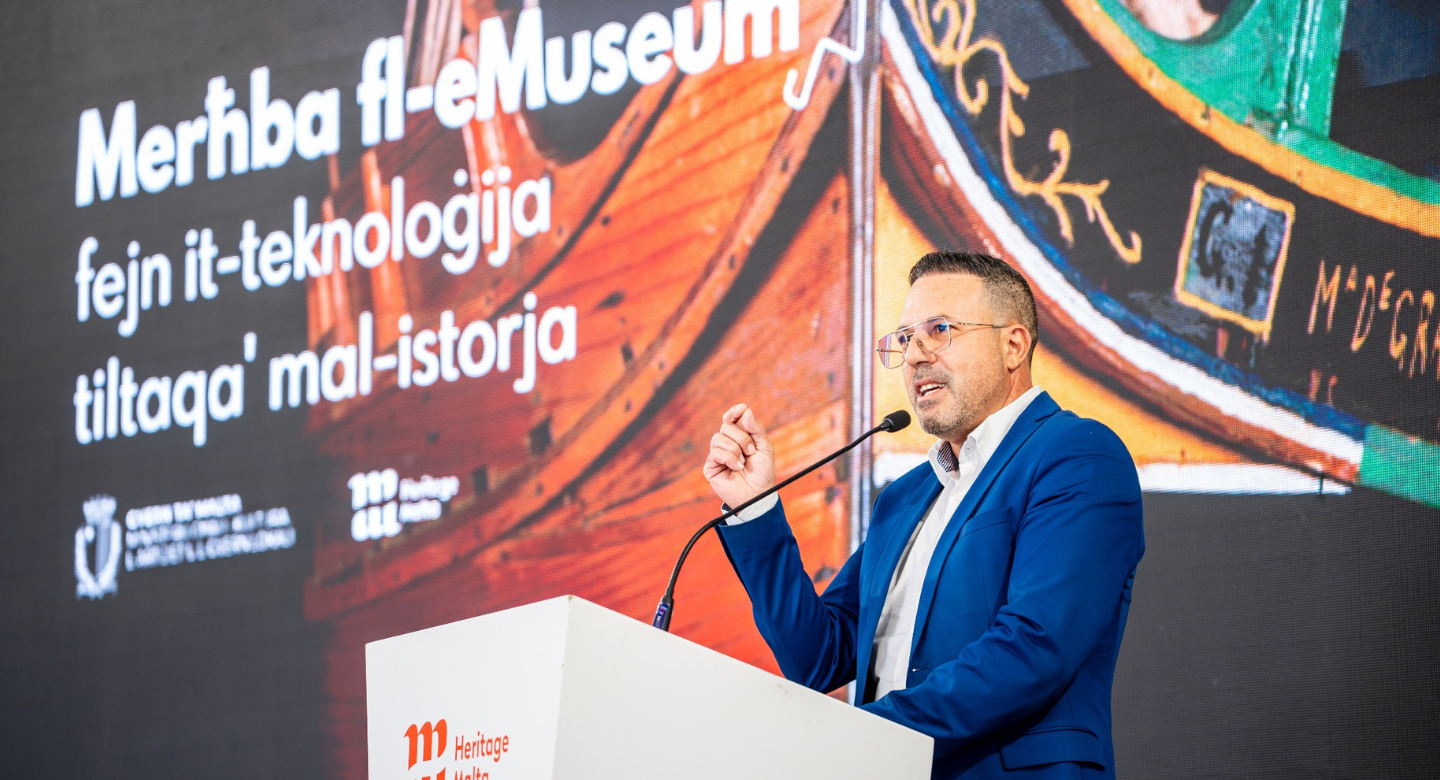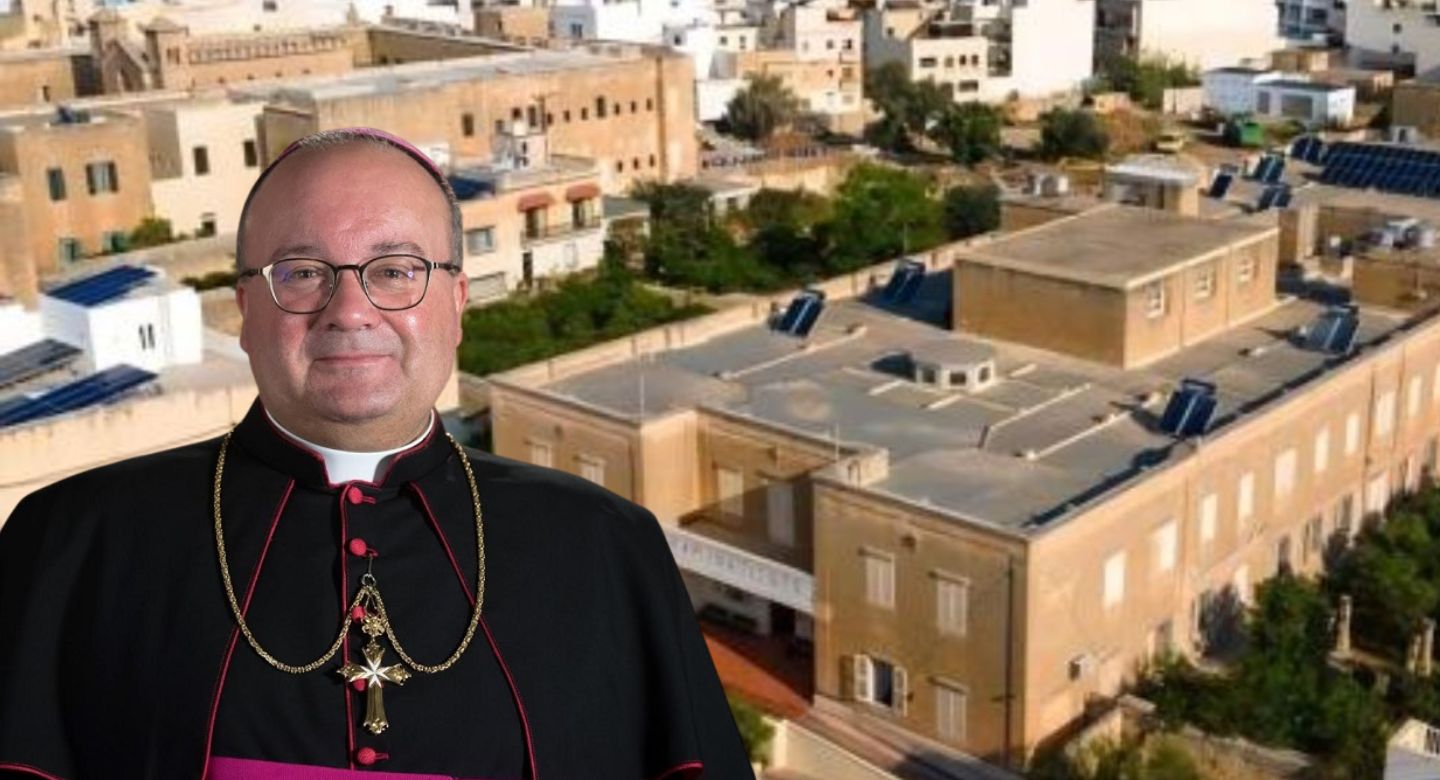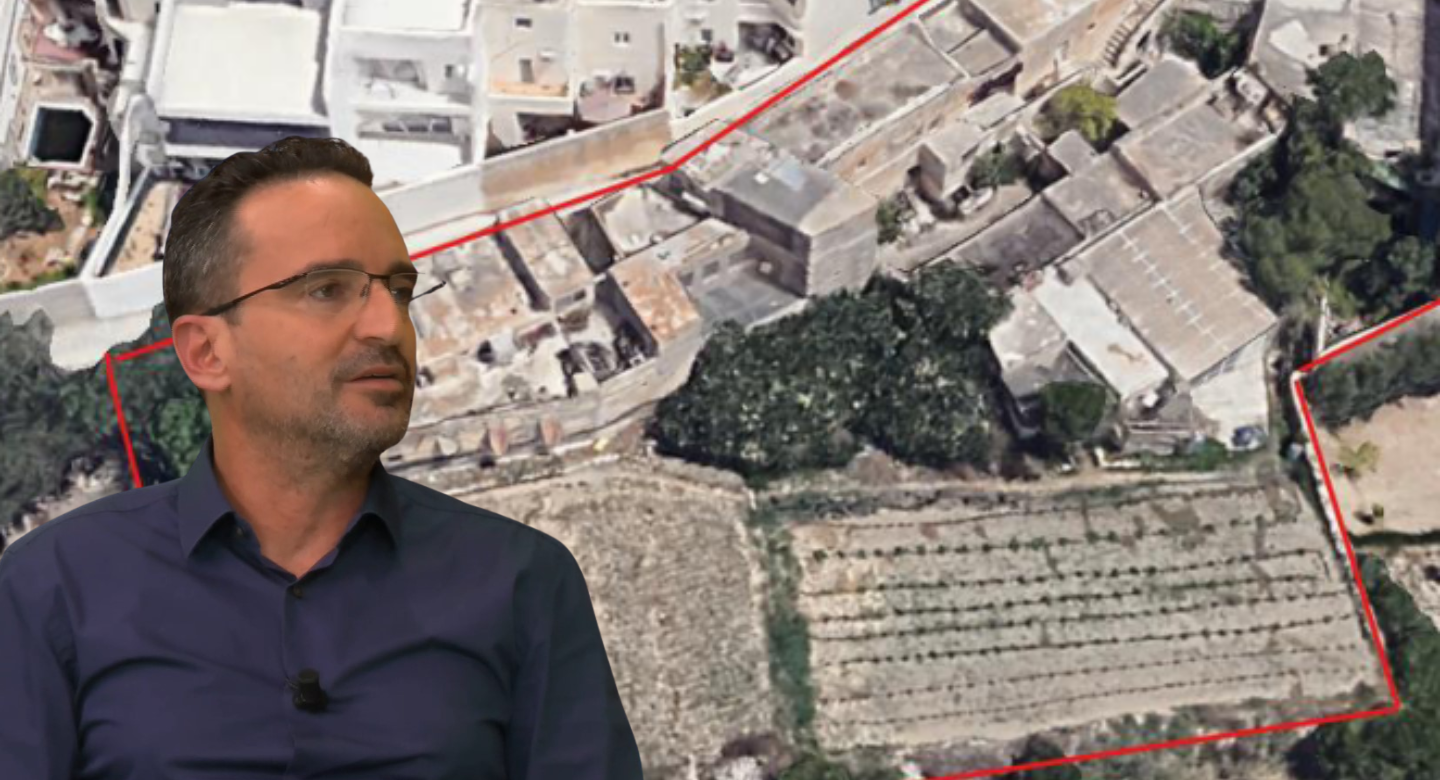Latest News
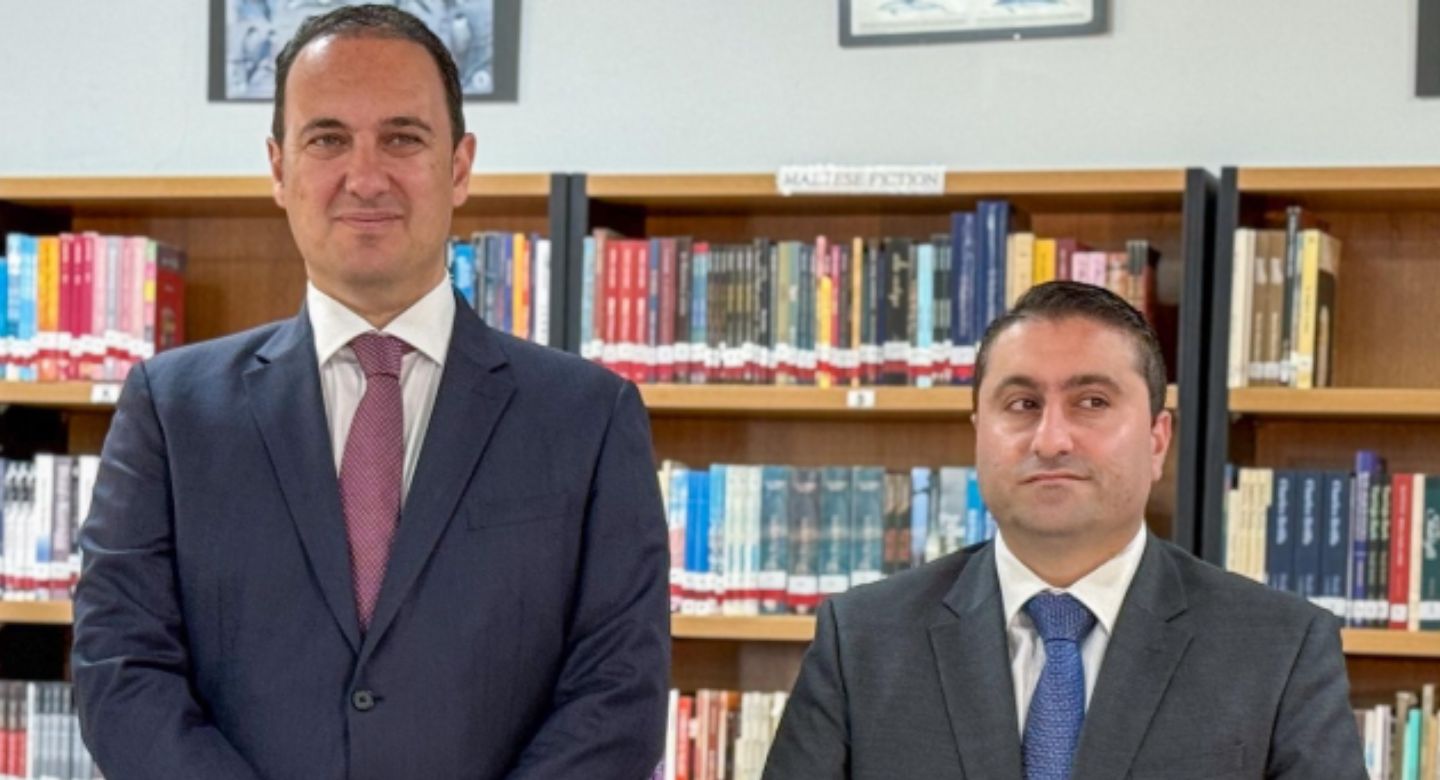
Permanent Secretary breaches law to hide consultancy contracts
The education ministry’s permanent secretary, Matthew Vella, has been found to have breached the Freedom of Inform..View More
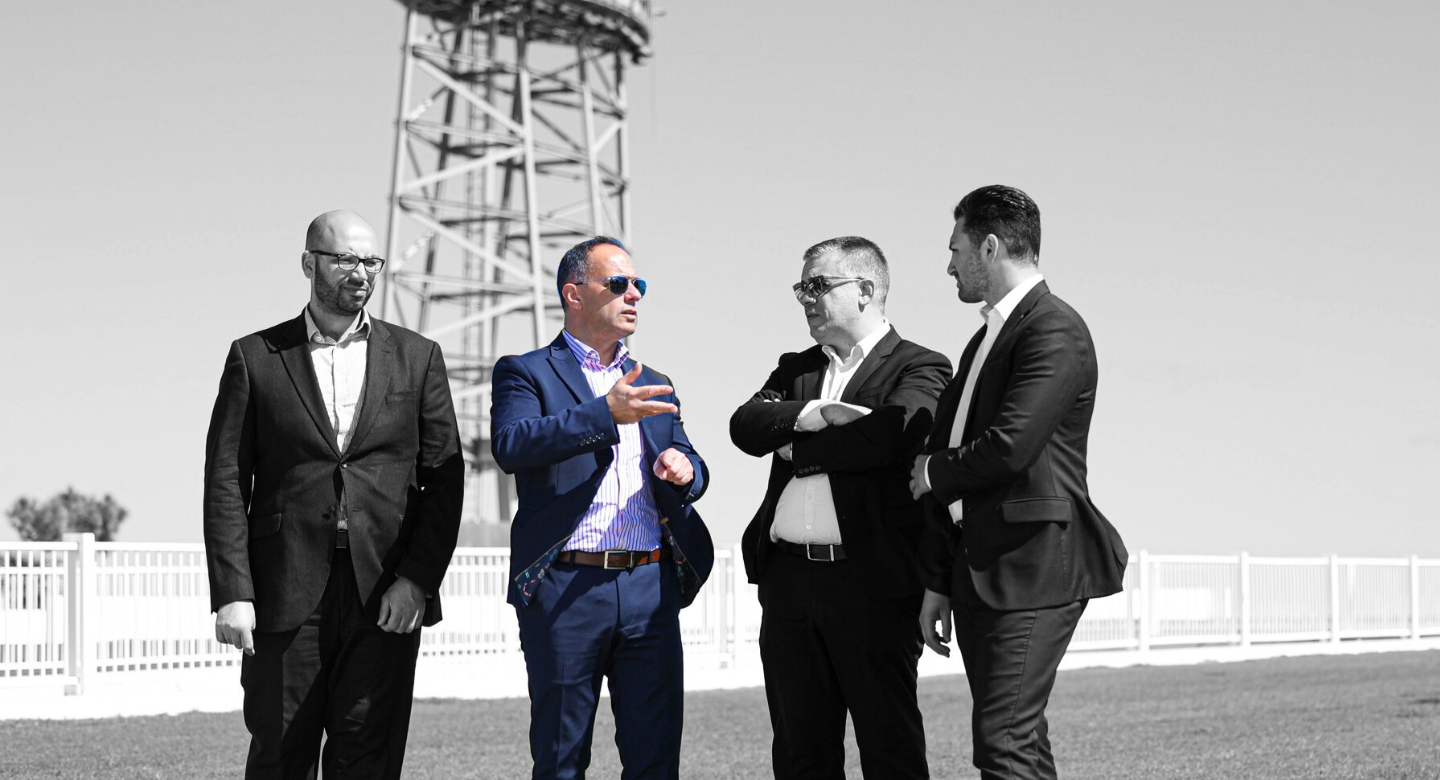
Jason's gravel
“We are more transparent than transparency itself”, Jason Micallef bragged when confronted with the barren reality a..View More
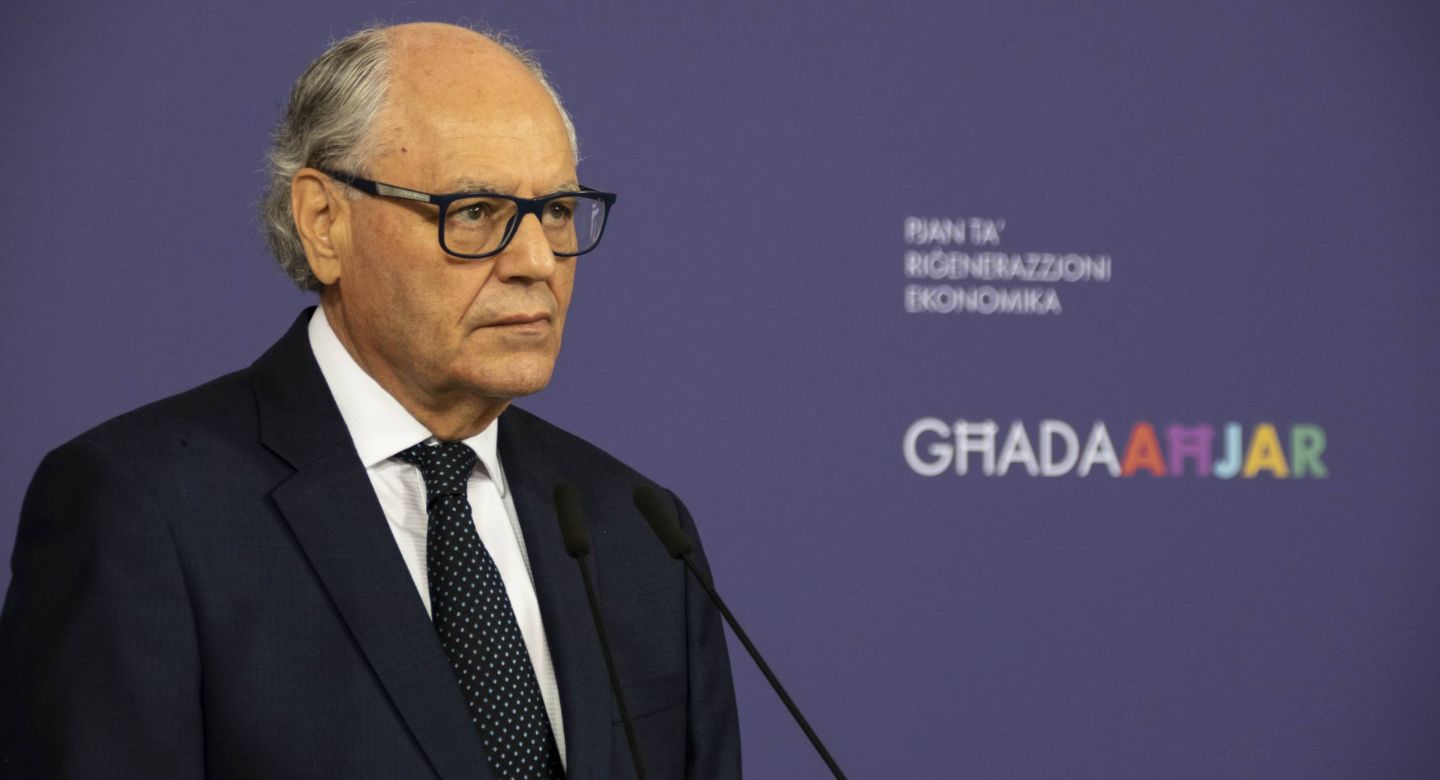
Central Bank: Scicluna out, Demarco back
The government has decided not to renew the mandate of Edward Scicluna as governor of the Central Bank of Malta, bringin..View More
ART FOR THE SHIFT 2025
Top Stories
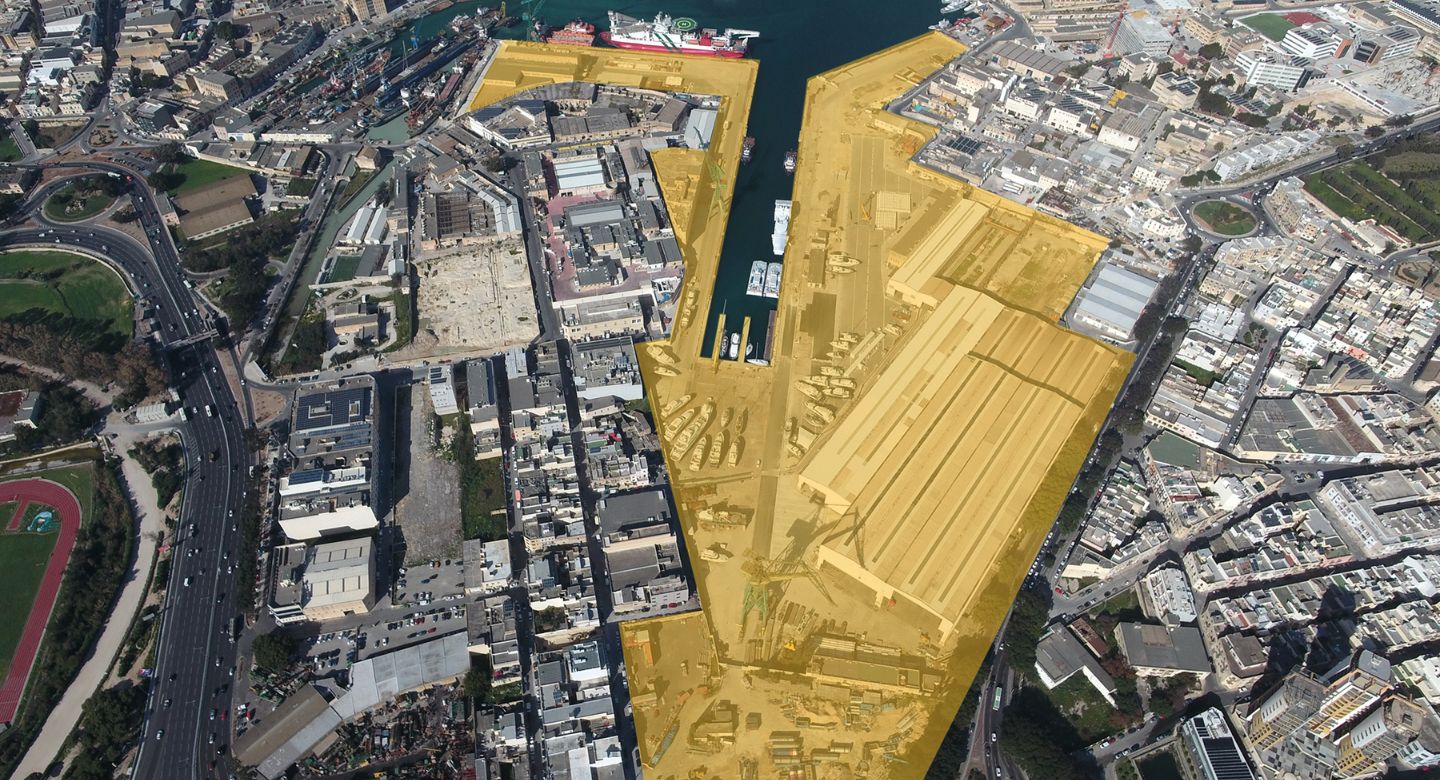
Investors withdraw from MMH rescue talks as €15 million bond risk deepens
A third attempt to avert a potential default on €15 million in bonds issued by Mediterranean Maritime Hub (MMH) has co..View More
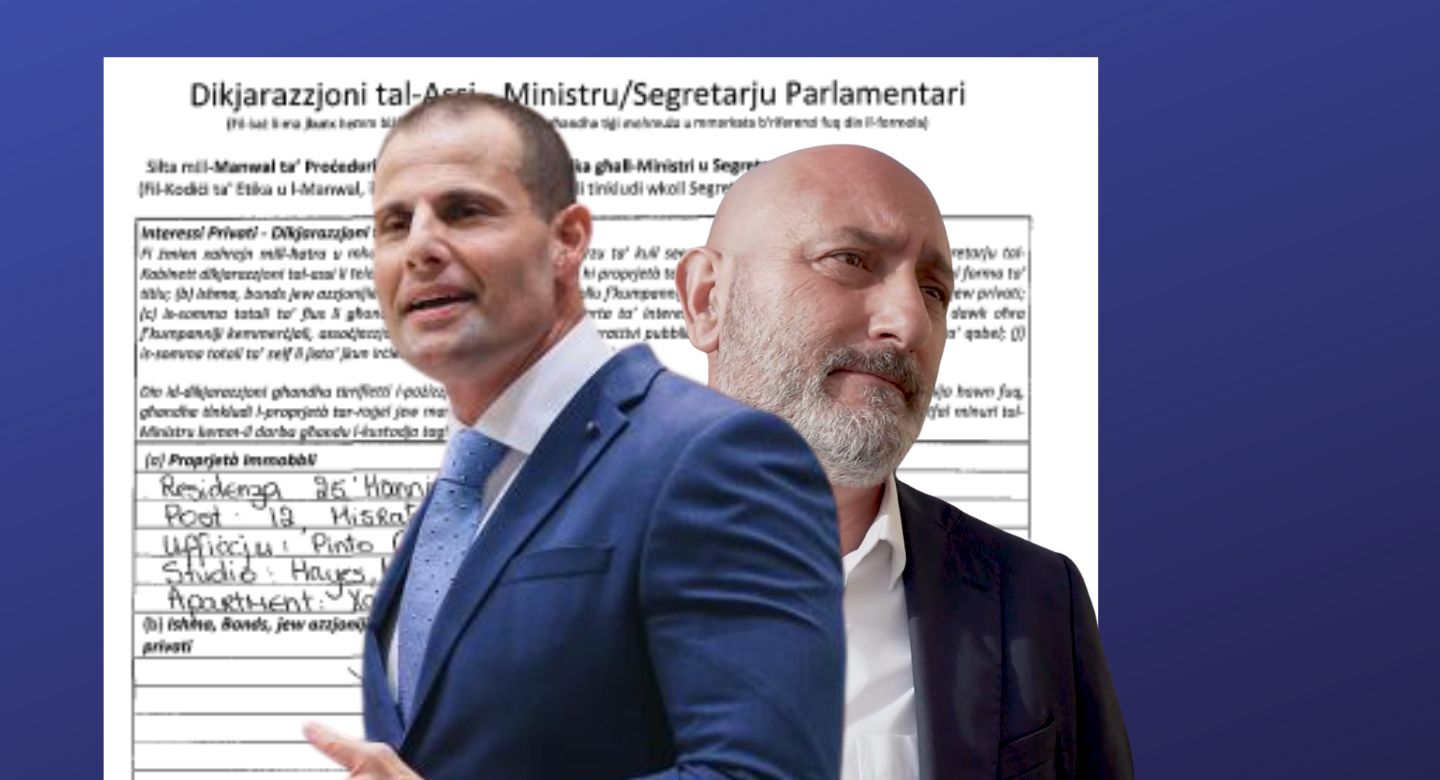
Minister failed to declare discounted penthouse in Cabinet asset declarations
Social Housing Minister Roderick Galdes is facing increasing pressure after it emerged that a penthouse he purchased at ..View More

Owen Bonnici retains aide who admitted to social benefits fraud
Culture Minister Owen Bonnici is employing in his private secretariat a political canvasser who has admitted in court to..View More

Malita chairman quits as governance crisis escalates
Malita Investments plc is facing a deepening governance crisis after its newly appointed executive chairman, Johann Farr..View More

Dalli blocks information on Enemalta's missing €60 million
Energy Minister Miriam Dalli continues to block the release of information linked to a €60 million shortfall in carbon..View More

How to lose a country’s hospitals, blame everyone else, and call it good governance
Let me put the deck on the table: I haven’t read the whole flipping thing; my life probably isn’t long enough. But..View More

